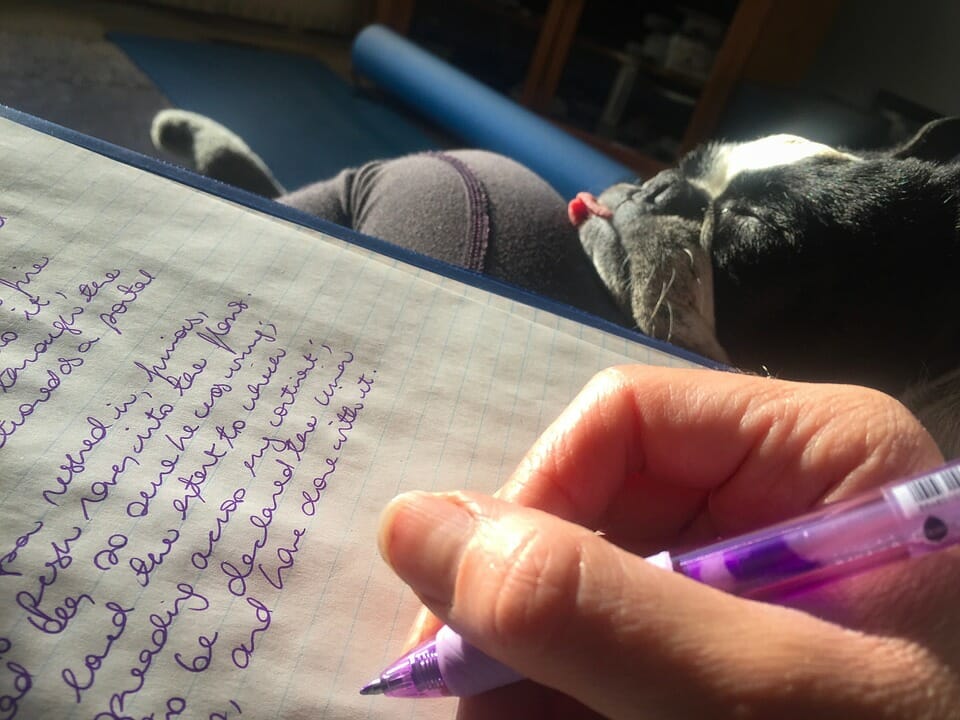
Sometimes when I give my clients things to do at home, I find myself having this old feeling towards homework. Most of my clients are grown ups and I give them homework. It does not matter how hard I try to call it “assignments”, “thinking exercises” or “activities”, I still think of it as “homework”.
If you recall, school and I were not the best match. I was not a good student (good choice of words, Ronit!) and I never, never did my homework. I hated homework!
Do you feel like me? Do you also get an uncomfortable feeling when talking about homework?
It is funny, but if you do some research about success at school and love for homework, you will find there is a great correlation between the two. Kids who love doing their homework do better at school.
There is nothing really new here. We are usually better at what we love doing. So where we like doing something, we get motivated. When we do our homework (or any kind of practice), we get better, which keeps us motivated.
To learn something well, we must be able to store it in memory and retrieve it quickly when we need it. We “know” something when we can easily locate, identify, retrieve and use stored information for a new situation. It is what gives us the confidence in our ability to do it again and again.
Any learning process, whether you are 5 years old, 15 or 55, goes through three steps: Input, Process and Output. Each step is necessary and requires good function in order to establish success in learning. In special education, we analyse if the difficulty is a input, process or output issue and the conclusion determines the solution.
Homework supports the Process stage. We received some new input and any manipulation done on it enhances our ability to match, store and retrieve this information in the future.
Not all people follow the exact process of learning and not all of them require the same energy and manipulation. Some people have sophisticated “thinking machines” that can store information easily after one exposure, but most people will need more repetition and longer processing.
Most people are aware or their abilities (and disabilities). If they do not remember a new thing after one hearing (like someone’s name), they usually know it and naturally look for strategies to remember.

The Receptionist
Memory is a great indication of how our brain processes information. Imagine that new knowledge gets into a room with a receptionist who asks, “Why do I need this information?”
If you give him a good reason, he will pass it on to a higher-ranking officer with a particular specialisation, but if not, he will throw it out the door. All higher-ranking officers will do exactly the same thing.
Memory is a valuable resource in our brain and any new information will go through many “officers” who will asses its importance and file it in the most suitable drawer, where it can be easily found.
Before new information becomes an acquired skill or knowledge, it will pass through 5 other “memory officers”.
The 10 Minute Officer
After 10 minutes, it is time for the knowledge to move on to the next room (called short term memory) and face the “10 minute officer”. When we need to remember a phone number someone has just told us, we use our short term memory. Does it happen to you that you forget someone’s name a minute after they say it to you?
This officer, and all the rest of them, will only pass significant knowledge. To decide if some is significant enough, the officer will “weigh” it. If it is based on many similar bits of information, like many Math problems of the same kind or many hours of cycling, this will make it more significant.
But the officer will also consider how the use of this information affects our emotional state. If it makes us happy every time we use it, it is worth remembering. If it causes us pain, it will be rejected. For example, if gymnastics is hard for me and causes me to get hurt, then “I’m not good at it” and I will not do it anymore.
The 48 Hours (Homework) Officer
 This guy stands at the door between short and medium-term memory and decides whether to move the new information to the next room or reject it. However, in the first 48 hours, new knowledge starts fading and “losing weight”.
This guy stands at the door between short and medium-term memory and decides whether to move the new information to the next room or reject it. However, in the first 48 hours, new knowledge starts fading and “losing weight”.
Repetition is the way to convince this officer to allow the knowledge to go trough. If you repeat the learning within the first 48 hours even once, it should be enough for the officer to let this information through.
The 7 Days Officer
Think of something you have learned, repeated once or twice, but then did not need to do for a few days, like opening a difficult door at a caravan park, where you have stayed for a couple of days, but are not likely to visit again. You have no use for the knowledge about the door anymore, so you forget all about it.
After 7 days, it is time for the “7 Day Officer” to clean out this unwanted knowledge. He sits at the door and needs a lot more convincing in order to move knowledge to the next room
The 1 Month Office
This officer handles knowledge that is fairly well established and rehearsed, but again some things will fade by the end of a month and be stopped by him.
The 6 Month Officer
If you have had a chance to use the new knowledge or skill again during the first 6 months, it is likely you will need it for the long term. If you have used it more than once, it must be a required life skill, so it must be retained, and the “6 Month Officer” will let it through to the long term memory room.
If you look carefully at all the stages of memorising, you will notice that repetition is the key to transferring new knowledge from one stage to the next. Homework, being a way to rehearse new knowledge and convince the brain to transfer it to a longer term memory area, accomplishes this wonderfully.
When I ask people about the reason we do homework, most of them smile an embarrassed smile and try to hide the not-so-nice feeling they have about it, but very few of them do it with joy and understanding of the process. Unfortunately, instead of being a wonderful way to learn new things, homework becomes a burden and something most of us do for our teachers or our parents.
I am sad to say that doing homework for Mom, Dad or my teacher is not an acceptable reason for any of the above officer, not even the one at Reception…
Yours,
Ronit











